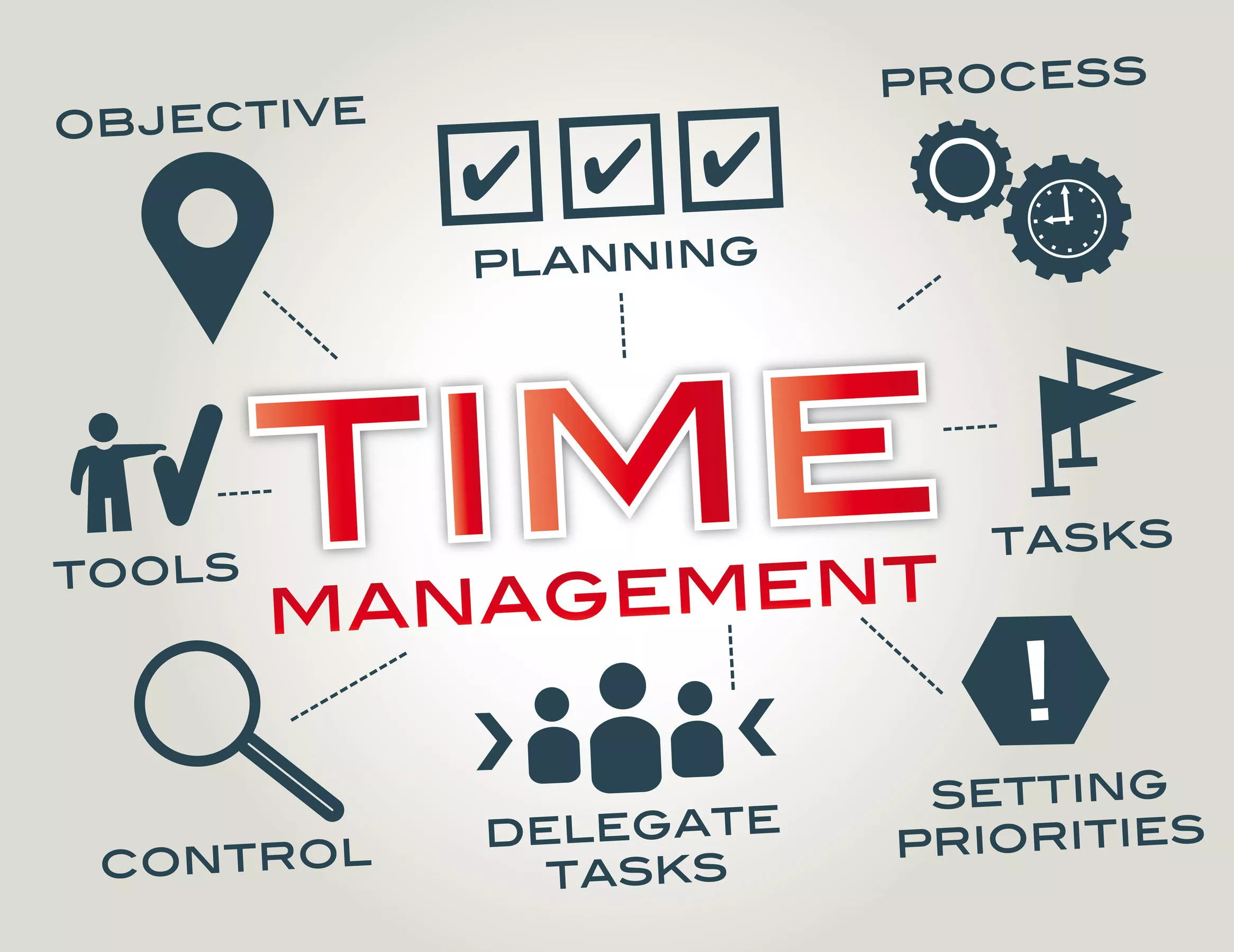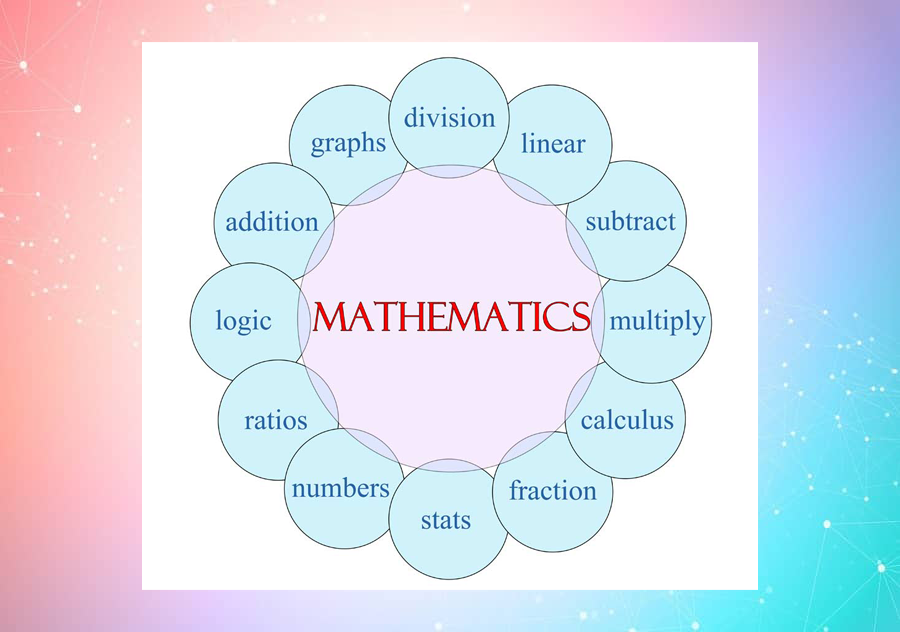SOFT SKILLS FOR BUSINESS ANALYST;
Being a Business Analyst is a demanding position that necessitates a diverse range of abilities, both technical and non-technical. While technical skills like data interpretation, requirements collection, and software expertise are essential, non-technical skills such as effective communication, collaboration, and analytical thinking are equally significant. Among these non-technical skills, two that emerge as exceptionally crucial for Business Analysts are Efficient Time Management and Astute Critical Thinking. In this blog, we will delve into why these abilities are so fundamental and how Business Analysts can hone them.
TIME MANAGEMENT;
Efficient time utilization involves arranging and strategizing the duration spent on different tasks. In Business Analysis, this implies the capability to juggle several duties and priorities, establish feasible deadlines, and distribute time proficiently. Business Analysts require exceptional time management abilities as they are frequently in charge of overseeing intricate projects with strict time constraints. If a Business Analyst fails to handle their time efficiently, they may miss deadlines, lead to setbacks, and jeopardize the triumph of the project.
To enhance your time management abilities, there are various approaches you can adopt. Firstly, you can prioritize your duties and give emphasis to the most crucial ones initially. This will guarantee that you are advancing in the key aspects of the venture, even if you are running short of time to finish everything. Secondly, you can divide bigger tasks into smaller, more achievable chunks, which will prevent you from getting stressed out. Lastly, it is vital to establish practical deadlines for yourself and your team and to communicate them unambiguously to all stakeholders.
CRITICAL THINKING;
The process of examining information objectively, assessing various perspectives, and forming informed judgments is known as critical thinking. In the realm of Business Analysis, critical thinking entails the ability to analyze intricate issues, pinpoint underlying causes, and devise feasible solutions. For Business Analysts, sound critical thinking abilities are indispensable as they must provide sound recommendations based on thorough data and analysis.
To enhance your critical thinking expertise, you can apply several methods. One of them is to adopt a systematic approach to problems, breaking them down into smaller components and evaluating each individually. Another approach is to consider various viewpoints and possible solutions, assessing the advantages and disadvantages of each alternative. Finally, it is crucial to remain receptive and willing to modify your analysis and suggestions based on fresh information.
CONCLUSION;
Effective time management and analytical thinking are two of the most crucial soft skills for professionals working as Business Analysts. Proficient time management abilities are indispensable for handling intricate projects with strict deadlines, while analytical thinking skills are vital for scrutinizing information impartially and taking well-informed decisions. By giving importance to these skills and implementing the tactics mentioned above, Business Analysts can improve their competence to efficiently manage projects, analyze problems, and provide substantial benefits to their clients and stakeholders.



